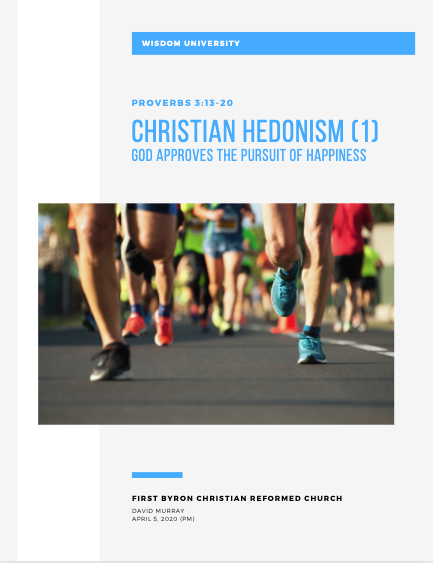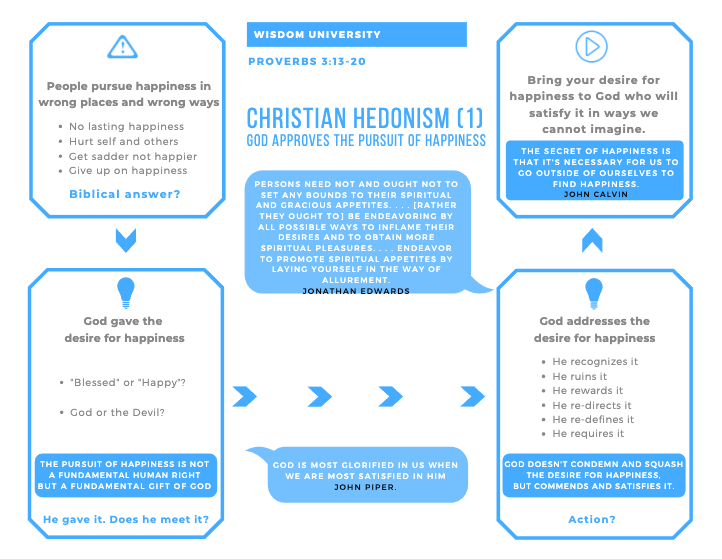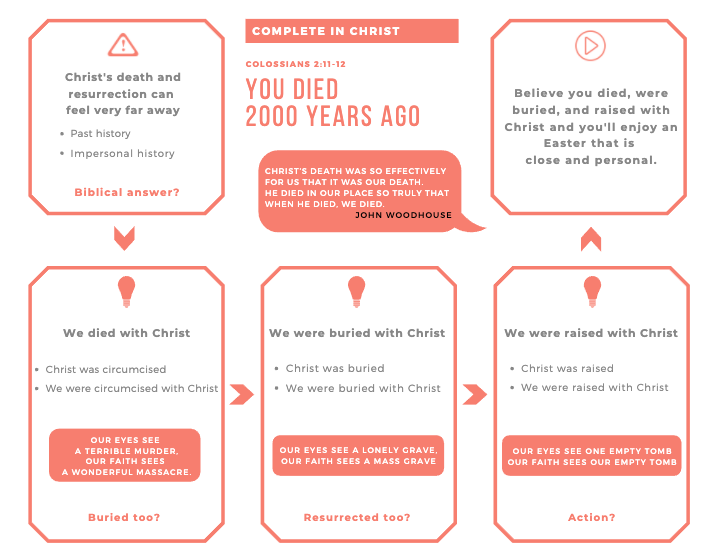We believe in the wonderful truth of justification by faith without works. It’s the most important truth in the Christian religion. We are justified, declared right by God, through faith alone, apart from works.
But some have taken that wonderful glorious truth and twisted it by arguing that if works don’t matter when it comes to being saved by God, works don’t matter when it comes to our witness before others. If works don’t matter in the court of heaven, they don’t matter in the court of human opinion.
These professing Christians therefore do not pursue good works, do not commend good works, and may even condemn good works done by other Christians as legalistic or as undermining the Gospel. They may even glory in sinful works because this allegedly shows how free the Gospel is. The end result is that non-Christians who see all this have serious and understandable questions about such a faith that doesn’t produce any change in people’s lives.
James confronted this error in James 2:18-26. There, he argues that while works do not enter into our being declared righteous before God, works do enter into our being declared righteous by people. His argument is that invisible faith is proven, demonstrated, evidenced, and justified by visible good works. What’s his proof? He gives us three examples
Himself (18-19): James throws down a challenge to his opponent. “Show me your faith apart from your works, and I will show you my faith by my works.” He says, I can prove I have faith by the visible works you can see in my life. How can you prove you have faith without pointing to works? It’s like claiming you’re a baker, but you have no cakes to point to. Or, to use the example James uses, it’s like the devils claiming to have faith without having any good works they can point to.
Abraham (20-24): James then asks his opponent, “Do you want to be shown, you foolish person, that faith apart from works is useless?” (20). He doesn’t wait for an answer, but goes straight to Abraham, the prototype believer, the one whom the Bible uses as a model for justification by faith alone.
Abraham was justified before God by faith alone. But his faith was justified and proven before people by his willing offering of Isaac as a sacrifice (21). That was what proved him righteous before people. That was what made him a useful believer. His active faith produced active works and so completed his faith before a watching world, perfected his witness before others. He was justified by faith alone before God, but not before people. All people have to go on is what they can see, and Abraham gave them something to see, with the result that he was justified before them by works.
Rahab (25-26): Rahab was justified by faith alone before God. But she proved her faith, she justified her faith before others, by the way she received and protected the Israelite spies. These works justified, or proved, her faith before others.
James sums it up like this: “For as the body apart from the spirit is dead, so also faith apart from works is dead” (26). Or to put it more bluntly, “A faith without works is as useless as a body without a soul.”
LIVING THE BIBLE
If you claim that God has justified you by faith alone, prove it to others by good works. Prove your faith by your works.
PRAYING THE BIBLE
We praise you, just and holy God, that you justify us, you declare us righteous on the basis of Christ’s work alone. We thank you that we do not have to bring any good works before you because we have none that can please you. We praise you that being justified by faith we have peace with you through Jesus Christ our Lord.
But we want others to know this too and therefore you have called us to prove our faith by our works, to demonstrate we are declared righteous before you by being righteous before others.
We agree with your assessment that workless faith is utterly useless and dead. Deliver us therefore from such useless, lifeless, workless faith.
We praise you for Jesus Christ and for his perfect faith and his perfect works, that we present alone to you as the basis of our salvation. Help us to live as he lived so that others can see the one we believe in for our salvation. Amen.
Listen to this episode on Living the Bible podcast. You can subscribe to the podcast on iTunes and Spotify. Index to Living Faith in Testing Times series.



